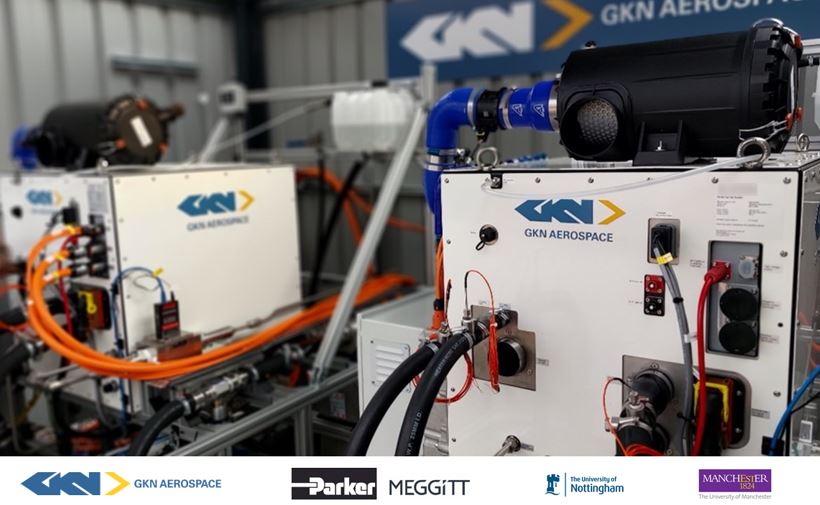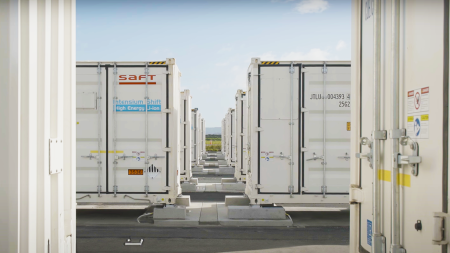GKN Aerospace has introduced the H2FlyGHT project, a £44 million initiative aimed at developing a 2-megawatt (MW) cryogenic hydrogen-electric propulsion system.
H2FlyGHT focuses on integrating advanced thermal management solutions to enhance the efficiency and performance of hydrogen-electric propulsion systems. The project’s goal is to demonstrate a fully integrated 2 MW propulsion system, encompassing fuel cell power generation, cryogenic power distribution, and advanced drive systems.
GKN Aerospace has partnered with several industry and academic institutions to achieve these goals:
- Parker Meggitt: Contributing to thermal management and system integration.
- University of Manchester: Innovating in hyperconducting motor coil design.
- University of Nottingham: Supporting motor design, scale-up, and cryogenic inverter technology development.
The H2FlyGHT project aims to address several technical challenges in hydrogen-electric propulsion. While the project’s focus on cryogenic technology and high-power systems is ambitious, the practical implementation of these technologies will be critical. The effectiveness of the collaboration between GKN Aerospace and its partners will significantly influence the project’s success.
Comparing H2FlyGHT’s objectives against industry benchmarks is essential to evaluate its potential impact. The aviation industry has seen various initiatives aimed at reducing emissions and developing sustainable propulsion systems. Projects like H2GEAR and HYFIVE have laid the groundwork, but achieving a 2 MW propulsion system requires significant technological advancements and rigorous testing.
GKN Aerospace emphasizes the importance of streamlining the path to flight testing and certification. However, the aviation industry is highly regulated, and meeting certification standards is a complex and lengthy process. The project’s success will depend on its ability to navigate these regulatory hurdles efficiently.
The combined investment of approximately £200 million in projects like H2GEAR, HYFIVE, and H2FlyGHT demonstrates a strong commitment to sustainable technology. However, the financial viability of these projects must be critically examined. The long-term environmental benefits of hydrogen-electric propulsion are promising, but the initial costs and technical challenges are substantial.








